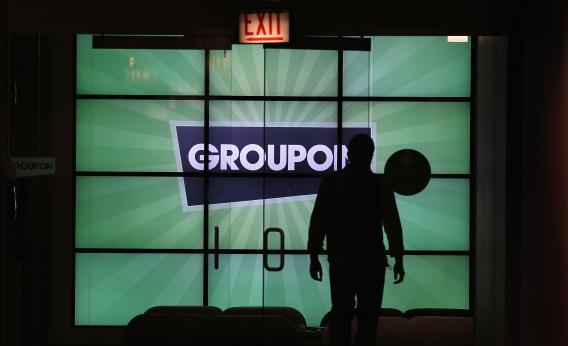Groupon CEO Andrew Mason got fired today amid the company’s poor stock performance. Given what’s been happening with the firm, it’s no surprise, but you can hardly blame the guy. As I wrote back in April the business was a fundamentally unsound proposition and nothing could really make it work.
A lot of skeptics harshed on the particulars of how Groupon worked, but it’s worth actually thinking about this in very broad terms. Groupon and its rival LivingSocial are both typically classified as “tech” companies. That’s a hazy category with little in the way of clear definition. They use computers, sure, but so do lots of companies. But what people are going for when they invest in tech startups is something like what you see with a Facebook or a Twitter. One reason I use Twitter is that other people use Twitter. Which means that a new service can’t beat Twitter by being “just as good” as Twitter. You’d have to be way better than Twitter to overcome the benefits of entrenchment and lock-in effects. With companies like that, investing in a “growth first profit later” strategy makes sense conceptually. Some companies will fail and never turn a profit, but some companies will do what Microsoft did in the ‘90s and emerge as dominant player that’s able to feast indefinitely on fat profits.
But spamming people about discounts isn’t like that. It’s at best a commodity business with few if any barriers to entry. You can imagine Amazon’s strategic investment in LivingSocial paying off down the road as some kind of extension of Amazon’s core retail business, but there’s no windfall to be reaped here.
